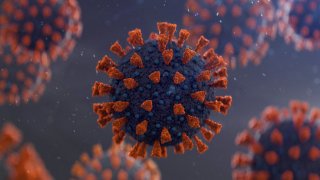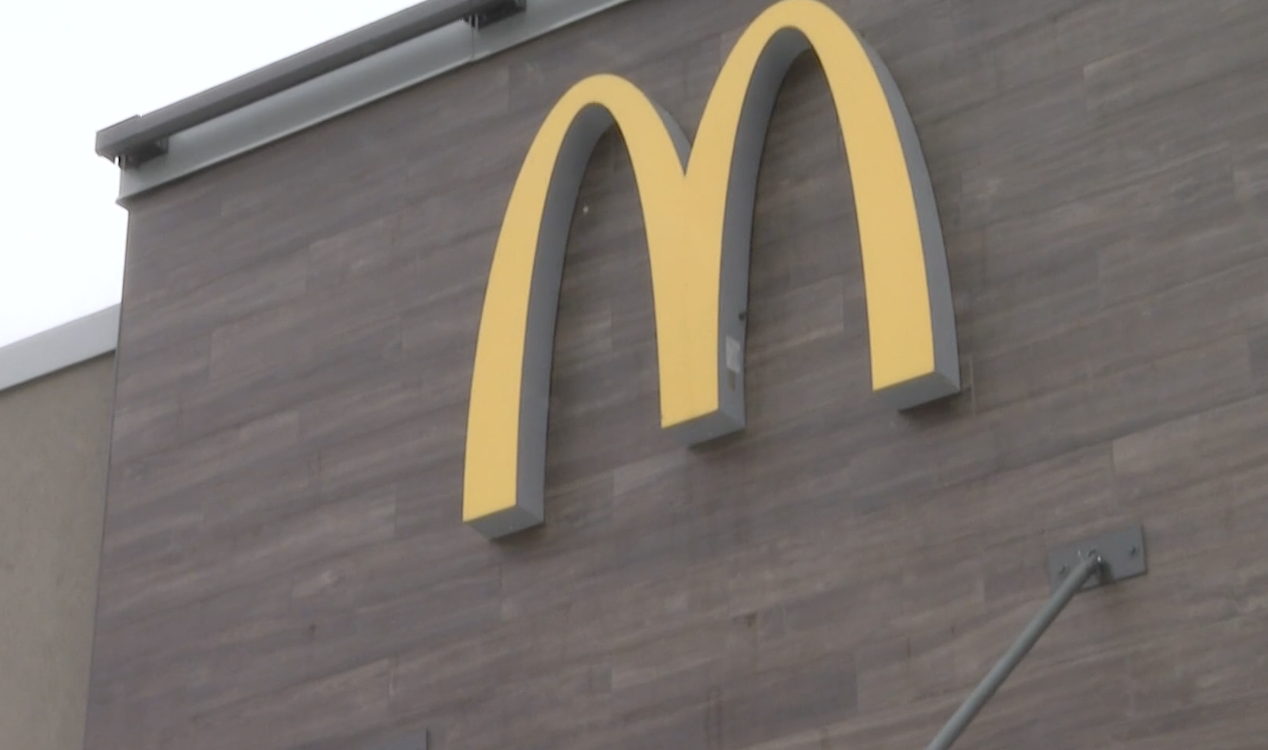
As the new omicron variant begins appearing worldwide, health officials are weighing in on how likely the COVID threat is already in the U.S. and how to prepare.
As of Saturday, no cases of the omicron COVID variant, which was first detected in South Africa, have been recorded in the U.S., according to the latest federal data.
However, Dr. Anthony Fauci, the director of the National Institute of Allergy and Infectious Diseases, told viewers on Weekend TODAY Saturday not to let their guard down as he "wouldn't be surprised" if the omicron variant has arrived in America.
"I would not be surprised if it is. We have not detected it yet, but when you have a virus that is showing this degree of transmissibility and you're already having travel-related cases that they've noted in Israel and Belgium and other places, when you have a virus like this, it almost invariably is ultimately going to go essentially all over," Fauci said.
Dr. Rachel Rubin, co-lead and senior medical officer for the Cook County Department of Public Health, said that officials "don't know" if the variant has reached the U.S. yet, but will continue to follow health recommendations.
"We are watching the Omicron variant very carefully. We don't know if the variant has reached the United States, but given the global concern about the virus, it is more important than ever to continue to follow public health recommendations: Mask Up, Wash Your Hands, Stay Physically Distant, and most importantly, get vaccinated and get your booster as soon as you are eligible. The longer people do not get vaccinated, the risk of deadlier variants increases," Rubin said in a statement.
Omicron has thus far been seen in travelers to U.K., Belgium, Hong Kong and Israel, as well as in southern Africa.
Local
The White House said Friday that the U.S. will restrict travel from South Africa and seven other countries in the region beginning Monday. President Joe Biden said that means “no travel” to or from the designated countries except for returning U.S. citizens and permanent residents who test negative.
The European Union, along with Canada and Russia, have also announced a pause on flights to and from southern Africa amid growing concerns surrounding the new variant.
Feeling out of the loop? We'll catch you up on the Chicago news you need to know. Sign up for the weekly Chicago Catch-Up newsletter.
On Friday, New York Gov. Kathy Hochul declared a state of emergency amid a recent surge in coronavirus metrics and concern for potential spikes due to both the Delta and Omicron variants.
Going into effect on Dec. 3,the order will allow New York to acquire pandemic-fighting supplies, increase hospital capacity and fight potential staffing shortages. It would also allow the state Health Department to limit non-essential and non-urgent procedures at hospitals.
Chicago and Illinois health officials have not yet suggested declaring a state of emergency due to the new omicron variant, though more information is expected on the COVID threat over the next several weeks.
According to preliminary evidence, WHO Health Emergencies Programme COVID-19 Technical Lead Dr. Maria Van Kerkhove said omicron, known by the technical term B.1.1.529, shows that the variant has a large number of mutations, some of which have concerning characteristics.
Omicron has also shown to have an increased risk of reinfection compared to other highly transmissible variants, indicating that people who contracted COVID and recovered could be more subject to catching it again with this variant.
The WHO suggested that the variant could pose greater risks than the delta variant, which was first detected in India and has been causing ravages worldwide.
Van Kerkhove said the WHO Technical Advisory Committee for Virus Evolution will be meeting "regularly" concerning the new variant. She noted, however, that tests can take days and weeks to receive results that could provide a better understanding of the impacts with omicron.
Editor's Note: The original version of this story identified Dr. Rachel Rubin as the co-lead and senior medical officer of the Chicago Department of Public Health. She holds that title with the Cook County Department of Public Health, which covers most of suburban Cook County, and not the city of Chicago. Her title has since been corrected.



